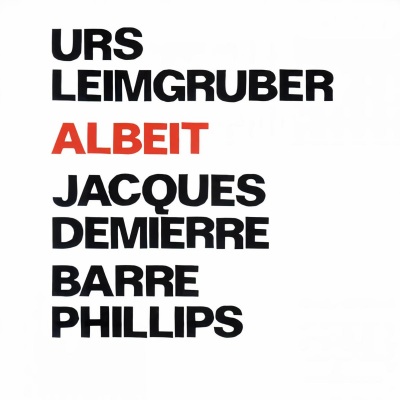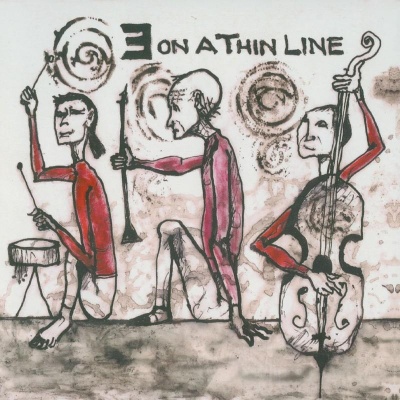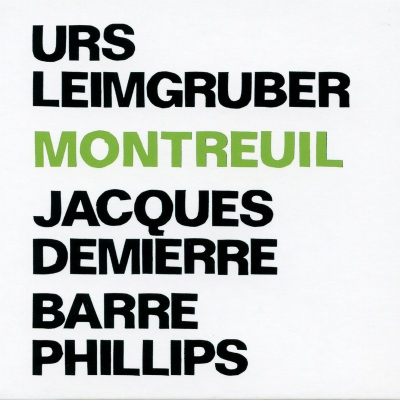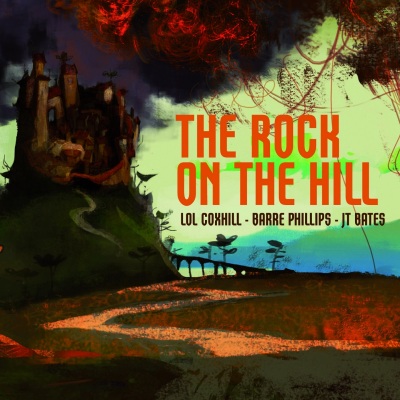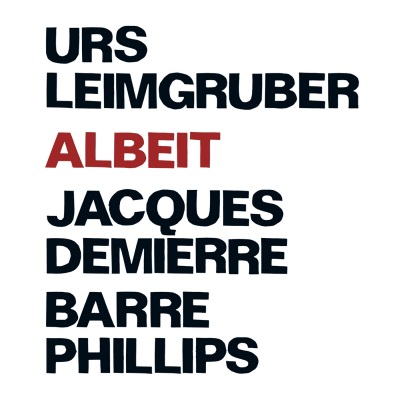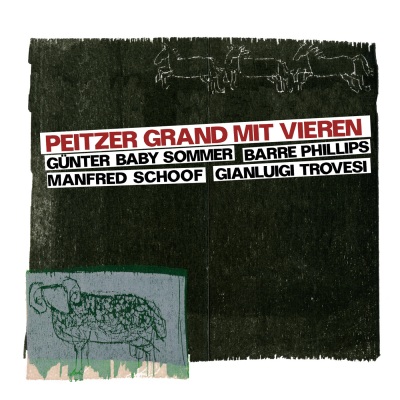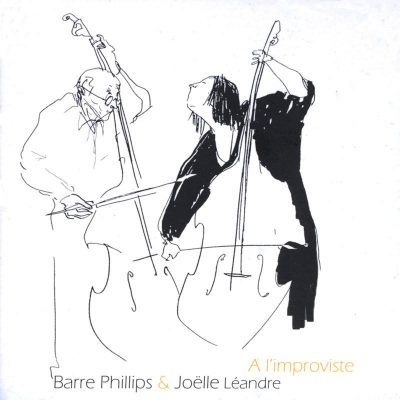
Barre Phillips
Bassist Barre Phillips is one of a group of expatriate American musicians who have left U.S. shores for greener pastures. In the case of Phillips, the expression can be taken literally. His adopted home is a lovely and very much rural section of southern France, where he has been residing in an old chateau since the early '70s. He has been living in Europe since 1967. Phillips is part of an even more exclusive group of well-improvising musicians who have been able to fit comfortably into the free jazz of the '60s, as well as the European free improvising scene that began developing in subsequent decades. He was born in San Francisco in 1934 and became a professional musician in 1960, hustling off to New York in 1962. At that time, the situation for playing avant-garde jazz on the West Coast seemed absolutely hopeless; decades later, Phillips would express surprise on a return trip to the West Coast that so many adventurous and open-minded players had settled there. One of the best of his most recent collaborations with West Coast players is the Nine Winds album Trignition, in which he is joined by fellow bass virtuoso Bertram Turetzky and multi-instrumentalist Vinny Golia. His relocation to New York had almost immediate results, as the early '60s was a period when new players and new concepts in jazz were much in demand. He had experience playing a wide variety of jazz genres in this formative period. He worked with the pretentious and demanding trumpeter Don Ellis, who used to lecture his audiences on how complicated his time signatures were, while Phillips was left in charge of actually keeping these fractured tempos. The free jazz audience discovered Phillips on the live set New Thing at Newport, where he was featured in the ensemble of Archie Shepp, establishing himself as one of several expressive bassists of Caucasian lineage who would become honored members of the new black music scene. He also performed and recorded with superb vibraphonist Bobby Hutcherson, German guitarist Attilla Zoller, and introspective free jazz acolyte Marion Brown. In 1967, Phillips took off for London, but the trip was for personal reasons and did not represent an attempt to flee the New York scene, although that is just what it wound up being. The British improvising scene welcomed him and soon he had formed a band that would be very influential, known as the Trio, featuring him in combination with saxophonist John Surman and drummer Stu Martin, the latter player another expatriate. Although Phillips had friendly contact with the more "pure" British free improvisers, such as Derek Bailey, Evan Parker, Trevor Watts, and Barry Guy, it was the relationship with Surman that fit more snugly into his background, as the saxophonist was coming much more out of the jazz tradition. The Trio wound up performing some 400 concerts, following which Phillips began emphasizing his solo performances. He continued with this focus, releasing a series of solo recordings and landing a contract with ECM records, a move that may have washed him up with some listeners who find his unique approach and tone severely hampered by that label's reverb-soaking and other production techniques. Nonetheless, he has stayed with the label for several decades, the output including a duet recording with bassist Dave Holland and a trio collaboration with Paul Bley and Evan Parker. His collaborations with Joe Maneri brought him back to the States for a rare treat of a tour in support of the 2000 ECM release Tales of Rohnlief. Phillips is also the president-elect of the International Society of Bassists.






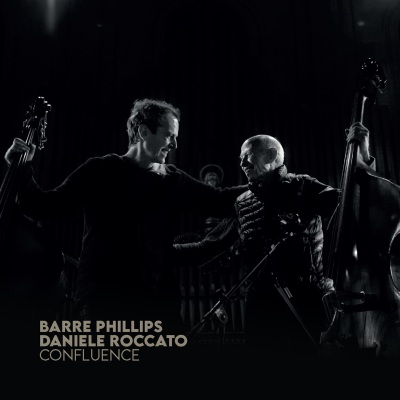


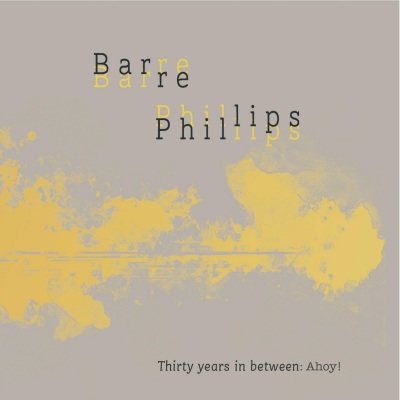


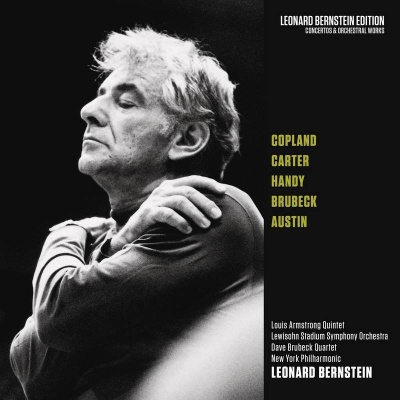
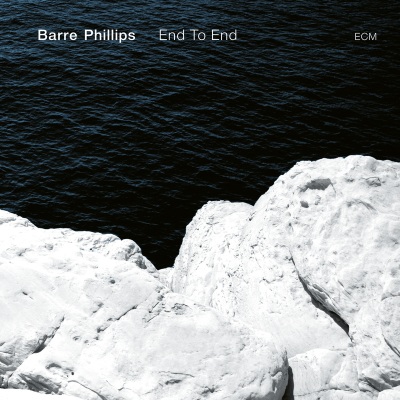
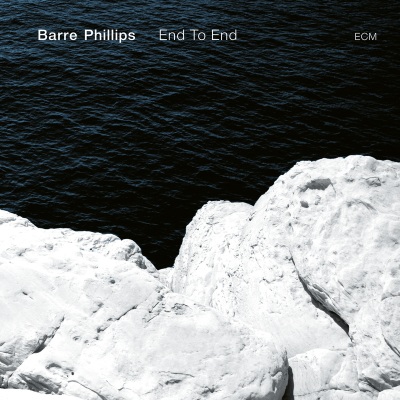


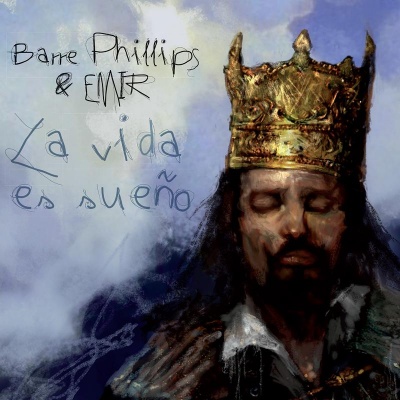
![No Man's Zone (Fukushima, the Day After...) [Original Motion Picture Soundtrack]](http://imge.kugou.com/stdmusic/400/20180731/20180731104827815717.jpg)

